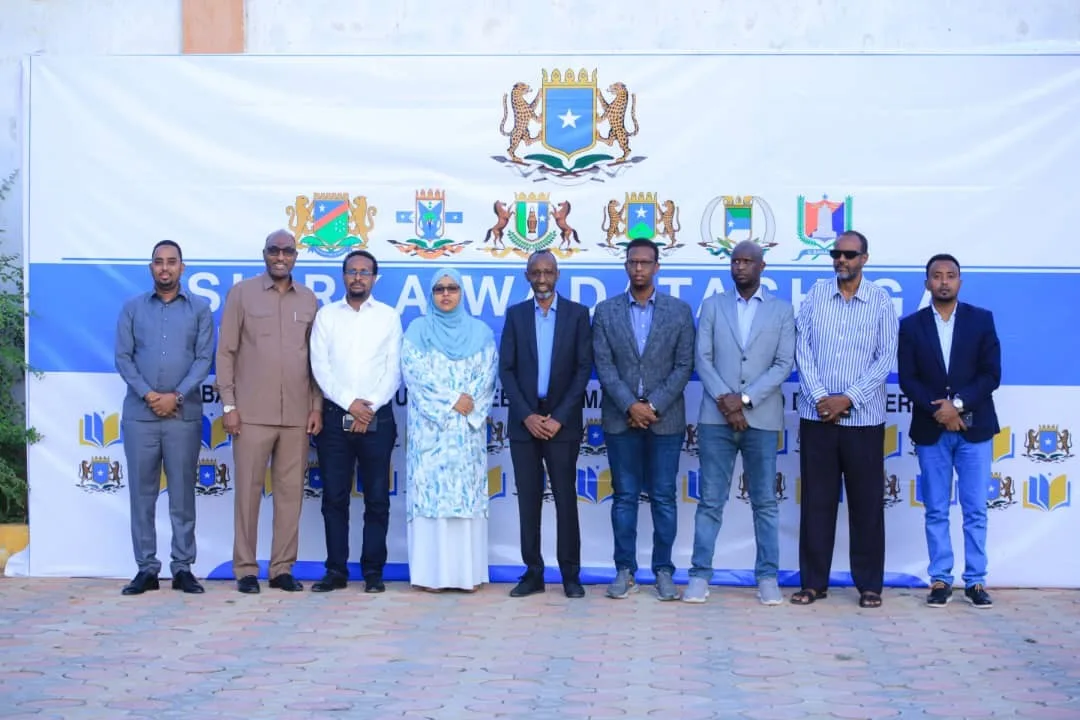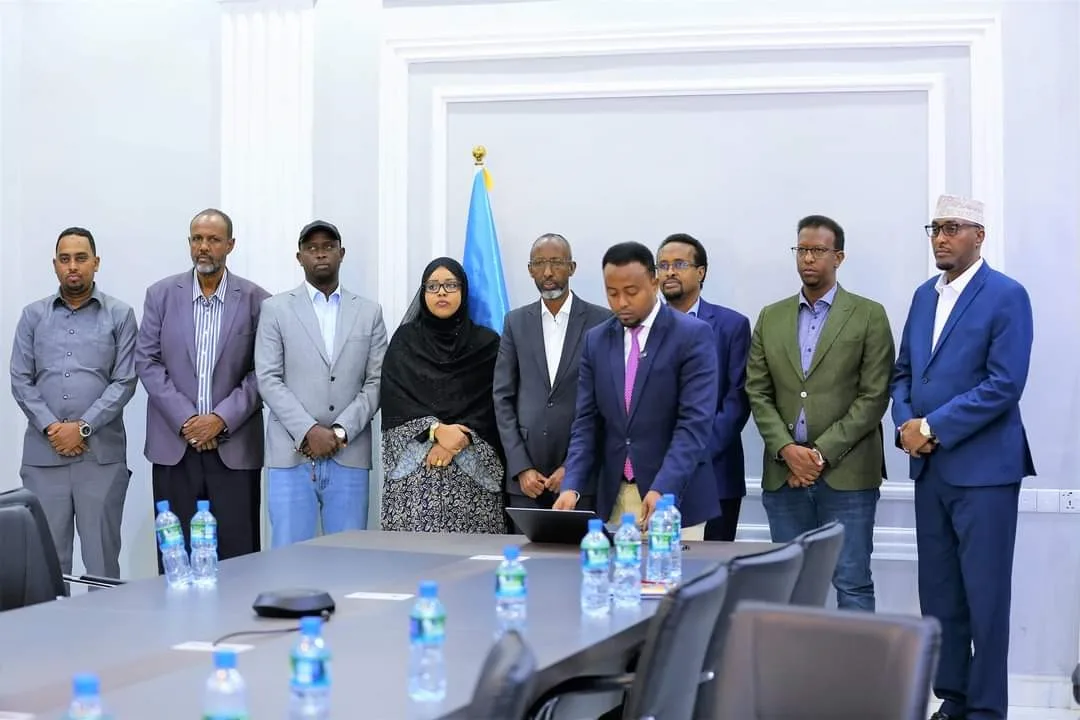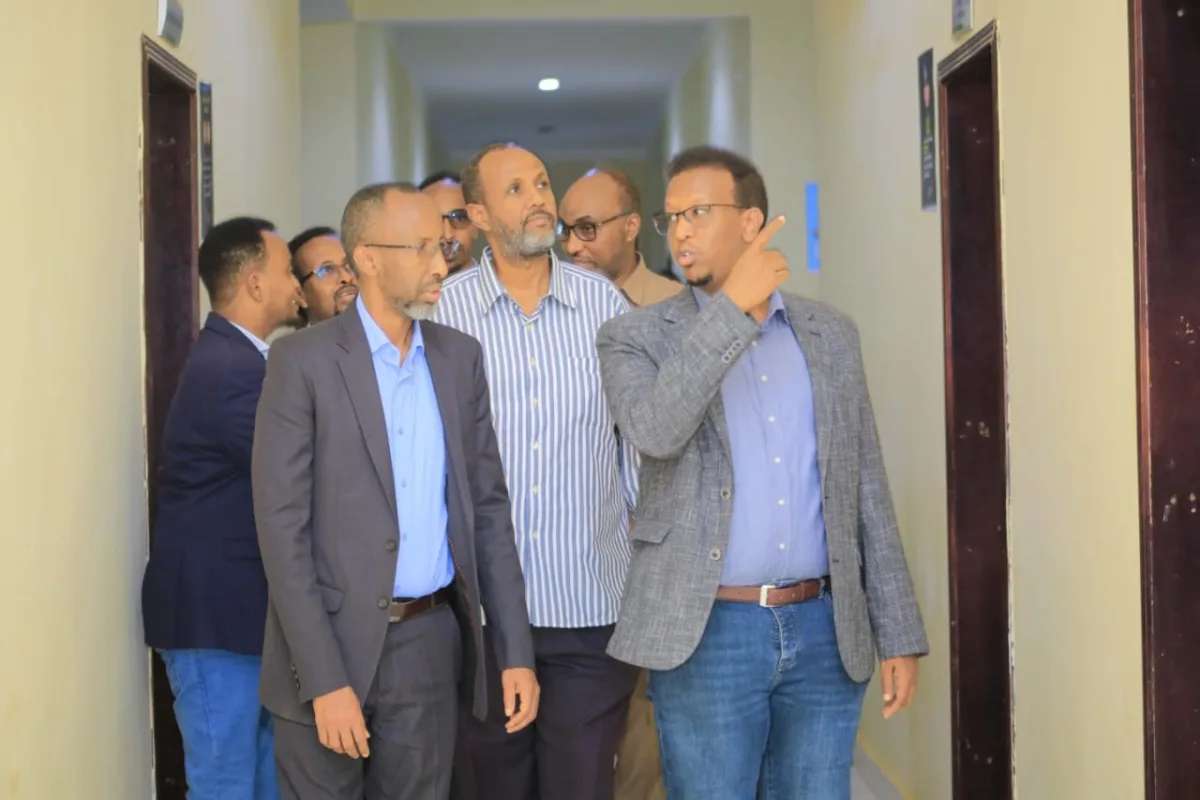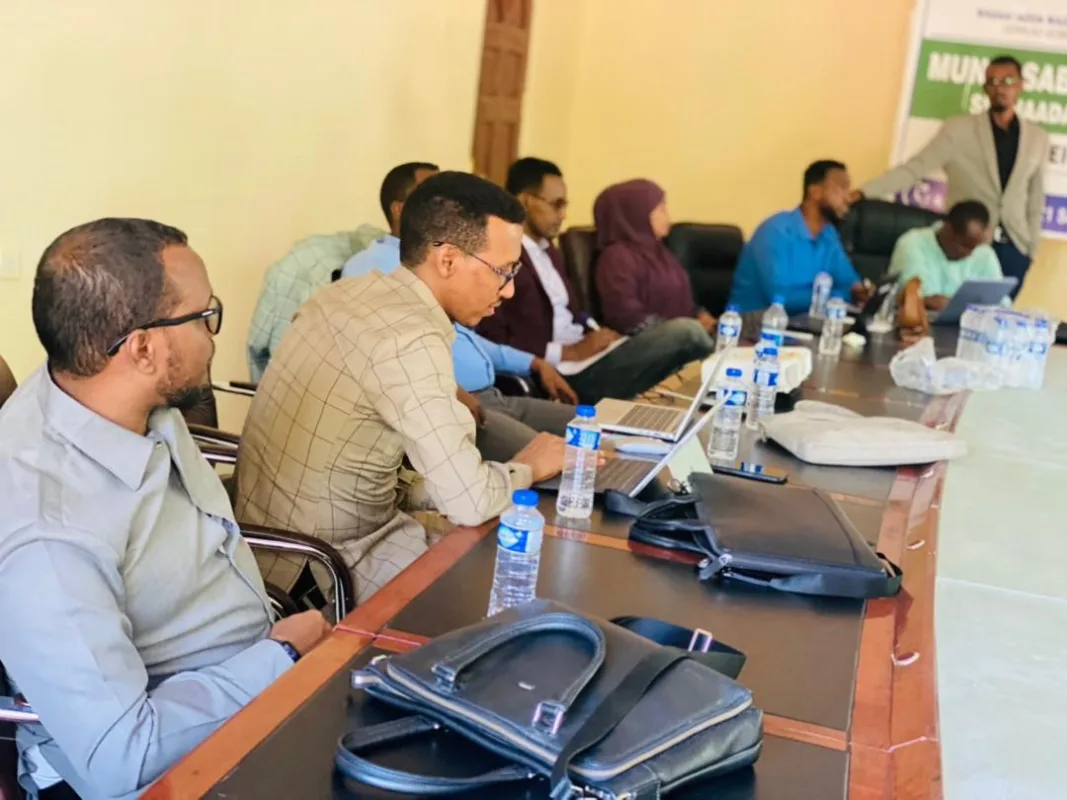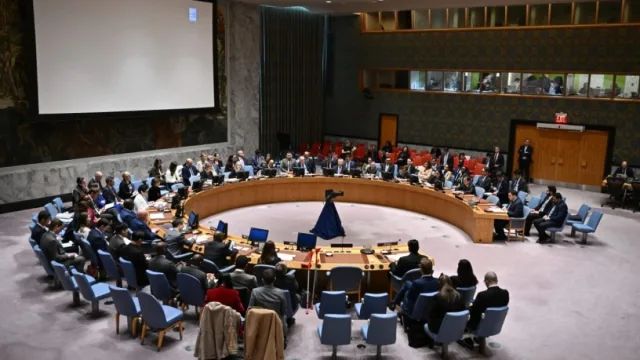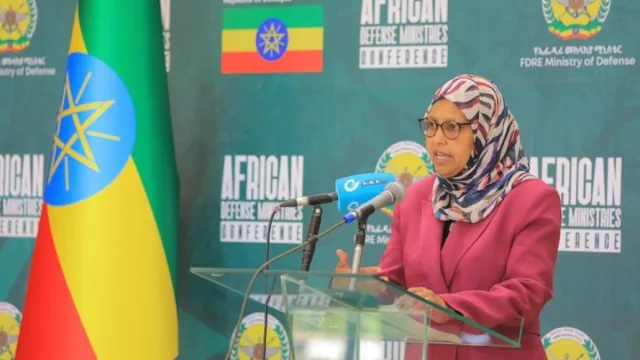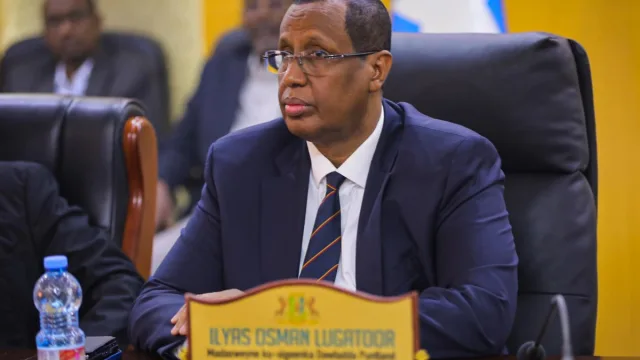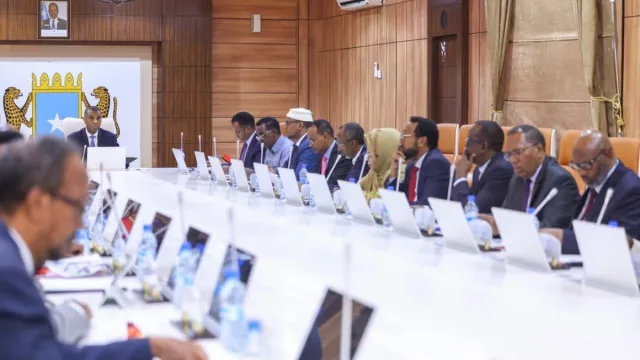RCRF Support of Strengthening Government Institutions: The establishment of the Somalia National Secondary School Certification Office…
RCRF Support of Strengthening Government Institutions:
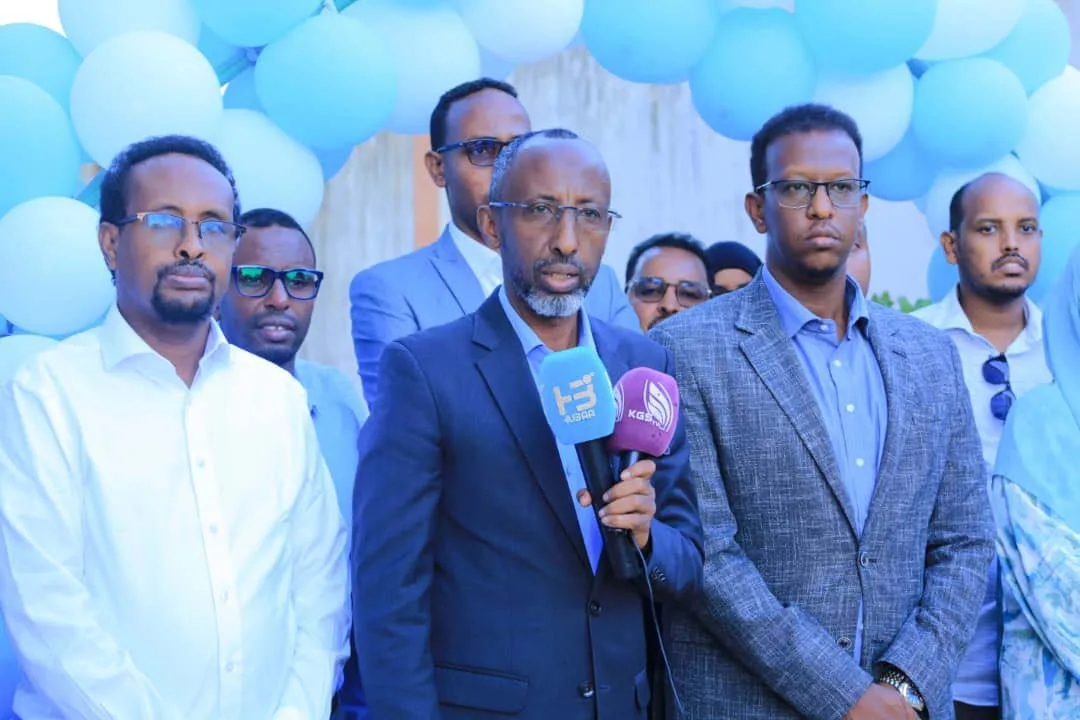
The establishment of the Somalia National Secondary School Certification Office represents a ground-breaking success in the nation’s educational landscape. Launched officially in Baidoa on December 18, 2023, this initiative holds profound implications for decentralizing national education services, fortifying public governance, providing comprehensive training for hired certificate officers, and empowering local communities. This report explores the multifaceted impact of this significant milestone.
Highlights:
1. Decentralizing National Education Services and Bolstering Public Governance:
The decentralization of the National Secondary School Certification process is a cornerstone of Somalia’s commitment to fostering a more inclusive and responsive education system. Historically, the centralized system required students to undertake arduous journeys to the Federal Government to process and collect their certificates. The establishment of the Baidoa office marks a turning point, eliminating the need for extensive travel and making certification services more accessible to students across the southwest state. This decentralization not only reduces logistical challenges but also empowers district-level authorities, fostering a more flexible and responsive education system tailored to local needs. By bringing certification services closer to students, the government demonstrates a commitment to promoting inclusivity and equal opportunities for learners from all regions.
2. Hired Certificate Officers with Access to a Comprehensive Training Program:
The success of the National Secondary School Certification Office launch extends beyond its physical establishment. To ensure the office operates efficiently and offers optimal services, the government has prioritized the professional development of certificate officers. Recently hired officers in Baidoa have been granted access to a comprehensive training program that covers various aspects of examination and certification processes. This program equips officers with modern techniques, technology integration, and best practices in assessment. By investing in the skills and knowledge of certificate officers, the government ensures that the certification process is not only accessible but also adheres to the highest standards of quality. This commitment to continuous learning reflects a dedication to excellence and aligns with global best practices in education management.
3. Empowering Local Communities:
The launch of the National Secondary School Certification Office represents a paradigm shift in empowering local communities to take charge of their educational resources. By establishing certification offices at the district level in Baidoa, Mogadishu, Kismayo, Jowhar, Dhuusamareeb, Hargeisa, and Garowe, the government ensures that communities are directly involved in the governance and management of their schools. This initiative fosters a sense of ownership, accountability, and transparency, allowing local communities to play an active role in shaping the educational landscape. Through community engagement, the government aims to address specific needs and aspirations unique to each district, thereby creating a more responsive and community-driven education system.
Conclusion:
The successful launch of the Somalia National Secondary School Certification Office in Baidoa signifies a transformative forward leap in the nation’s education sector. The decentralization of services, the emphasis on professional development for certificate officers, and the empowerment of local communities collectively contribute to a more inclusive, accessible, and responsive education system. This initiative stands as a testament to the government’s commitment to fostering positive change in the lives of Somali students and communities, reflecting a vision for a brighter, more equitable educational future.
PHOTO GALLERY
